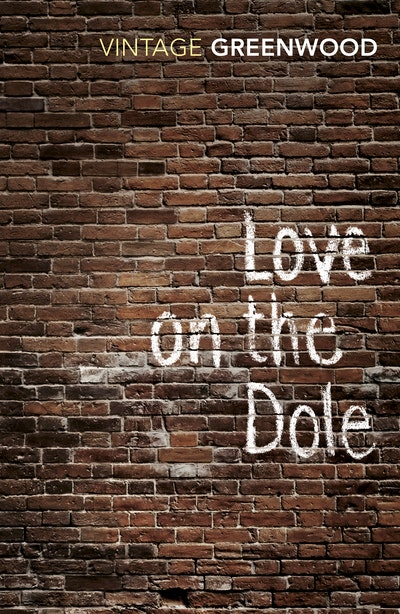Love On The Dole
Formats & editions
Buy from…
- Published: 1 September 2010
- ISBN: 9781409023920
- Imprint: Vintage Digital
- Format: EBook
- Pages: 272
Being conceived in suffering and written in blood, it profoundly moves its audience.
The Times
Not for nothing did Edith Sitwell claim that she could not recall being "so deeply, so terribly moved" as when reading this story. An evocative portrayal of life in depression-era Britain.
The Guardian
One of the earliest and best novels to call for social change in Britain
Dazed Digital


